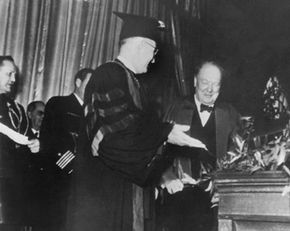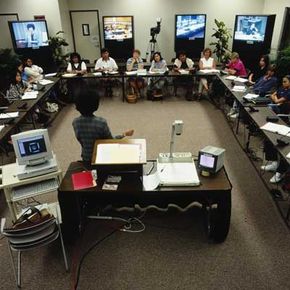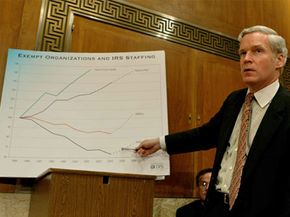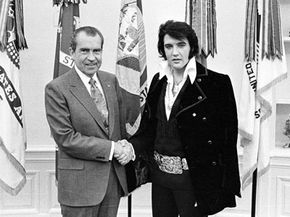
If this were a list of the human race's greatest fears, public speaking would be right at the top. Whether it's forgetting your lines or realizing you have a tail of toilet paper hanging out of your pants, fear of public speaking really boils down to fear of being ridiculed, rejected, and publicly humiliated. But don't worry -- with the following tips, you'll be fine!
So relax and check out the first tip to get started.
Advertisement











